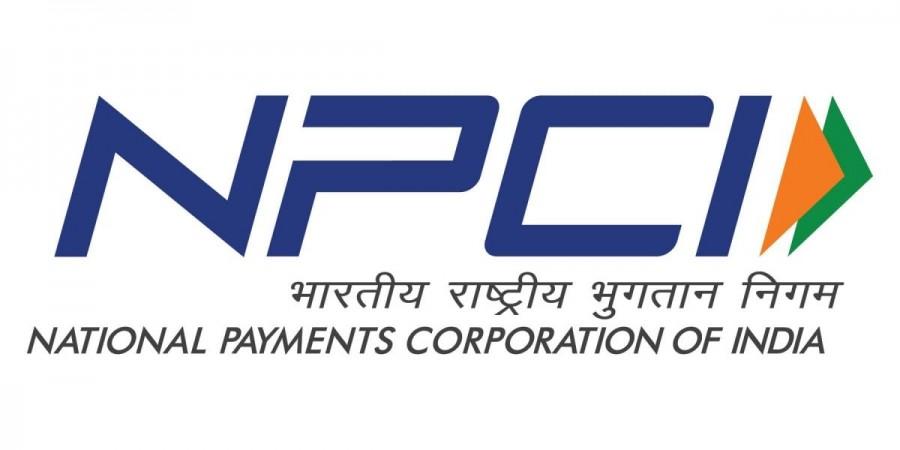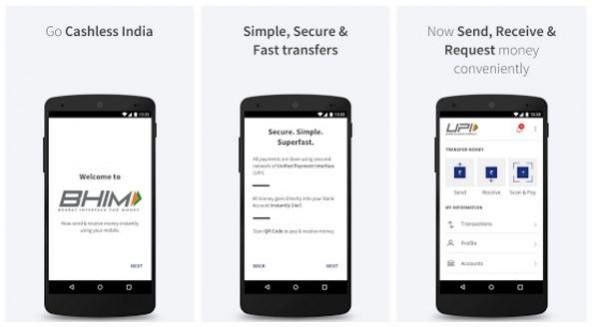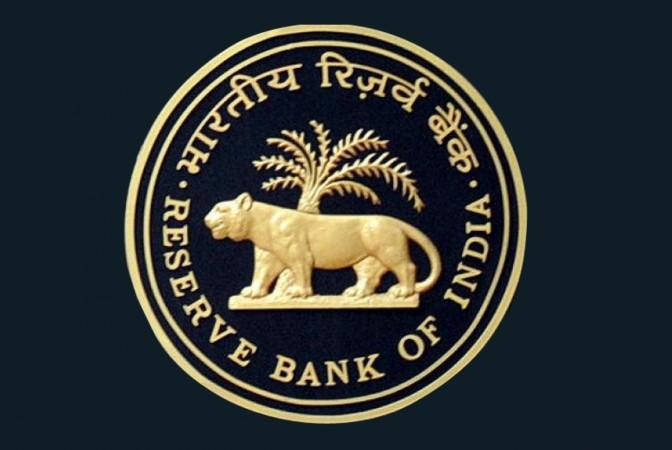The National Payments Corporation of India (NPCI) has been gearing up for international expansion since last year. It has infused Rs 50 crore in its international subsidiary NPCI International in May, shows separate regulatory filings, to take the success of its Unified Payment Interface (UPI) digital payment network to international markets.

According to incorporation documents, NPCI plans to expand its payment and settlement services in international geographies through paper-based and electronic clearing systems.
Why did NPCI set up a new international entity? What are its plans next?
This move by NPCI comes at a time when India's digital payment railroad UPI has been breaking all previous records in terms of processing volume (transactions) and value, according to Entrackr. The firm has also been in talks with few banks and financial entities to test similar UPI kind of infrastructure in the UAE and Southeast Asian countries.
The UPI posted 1.49 billion transactions worth Rs 2,90,537 crore or Rs 2.9 trillion in July 2020, which turns out to be the best-ever month for the payment channel.

This new international entity formed will include six directors, who are all senior executives at NPCI, namely Arif Khan, Praveen Rai, Ashish Pai, Rajendra Narayanan, Riya Penkar and Priyanka Agrawal. Rai is the chief operating officer at NPCI, Pai is an associate vice president, Agrawal serves in NPCI as the company secretary while Khan holds the post of the chief digital officer. Narayanan, who is currently CEO of IFTAS, served NPCI for more than a decade as its chief technology officer until May 2020.
RBI drafts rules for setting up private NPCI rivals
Opening up the application window for private companies to set up NPCI-like umbrella entities in India. In order to reduce concentration risks in the space dominated by NPCI, RBI issues rules for upcoming private retail payment umbrella-entities in India.
To set up NPCI-like rivals, the central bank issued guidelines state:
- The applicants must have at least three years of experience in the payments ecosystem.
- The umbrella entity shall be a Company authorised by Reserve Bank of India (RBI) under Section 4 of the PSS Act, 2007. It shall be governed by the provisions of the PSS Act and other relevant statutes and directives, prudential regulations and other guidelines/instructions.
- Any new umbrella organization for retail payments must have a minimum paid-up capital of ₹500 crore and strive for interoperability with NPCI systems.
- The central bank in its framework for authorisation of the pan-India umbrella entity for retail payments said, no single promoter or promoter group should have more than 40% investment in the capital of this entity.
- The Promoter or Promoter Group shareholding can be diluted to a minimum of 25% after 5 years of the commencement of the business of the umbrella entity. A minimum net-worth of Rs 300 crore should be maintained at all times.
- The promoters or promoter groups should upfront demonstrate the capital contribution of not less than 10% or Rs 50 crore at the time of making an application to RBI for setting up of the umbrella entity like NPCI.

According to the terms issued by the RBI, the scope of activities of this new private umbrella entity once approved will be to set up, manage and operate new payment systems in the retail space. It will also have to operate clearing and settlement systems for participating banks and non-banks, interact and be interoperable with NPCI systems as well.
NPCI was incorporated as a not-for-profit company under the provisions of the Companies Act in 2016 to provide infrastructure to the entire banking system in India. It has disrupted the digital payment space in the country since its launch.
With 700% growth in terms of value and 490% growth in volume, UPI recorded 5.39 billion transactions amounting to Rs 8,76,970.72 crore in FY20. The growth of UPI in FY20 was phenomenal, mainly driven by three payment service providers – Google Pay, Paytm and PhonePe.
Besides existing QR-code and mobile number based payment solutions, NPCI also plans to enable NFC (near field communication)-based payment facility in partnership with banks and other PoS device makers in India.











